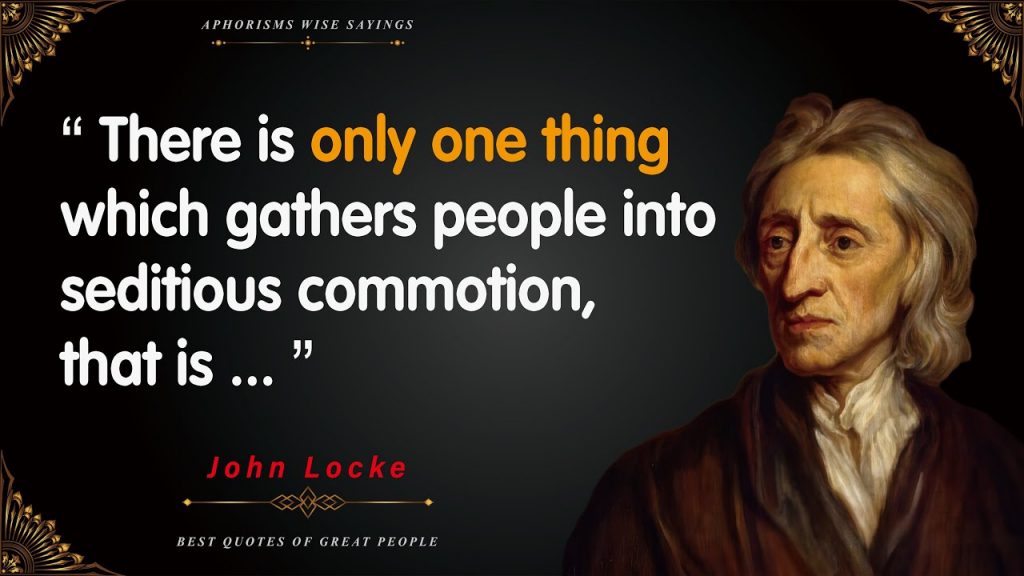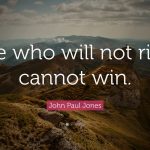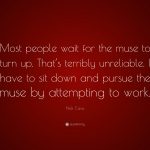John Locke (born John Locke Worsley, in 1950) is an English artist and sculptor. He is best known for his large-scale bronze sculptures and installations, which often feature human figures. His works are often concerned with themes of identity, power, and modernity. Locke has exhibited his work extensively in the United Kingdom and internationally, including solo exhibitions at the Yorkshire Sculpture Park and the Royal Academy of Arts in London. He has also been commissioned for public artworks in the United Kingdom, including a large-scale sculpture, ‘The Messenger’, in London’s Trafalgar Square. Locke’s art is held in many public collections, including Tate Britain.
| Name | John Locke |
| Date of Birth | 1886 |
| Nationality | American |
| Medium | Painting, Drawing |
| Genre | Realism, Impressionism |
| Movement | American Scene Painting |
| Notable Works | The City by Moonlight, The Bridge at Night, The Cotton Pickers |
10 Best John Locke Quotes
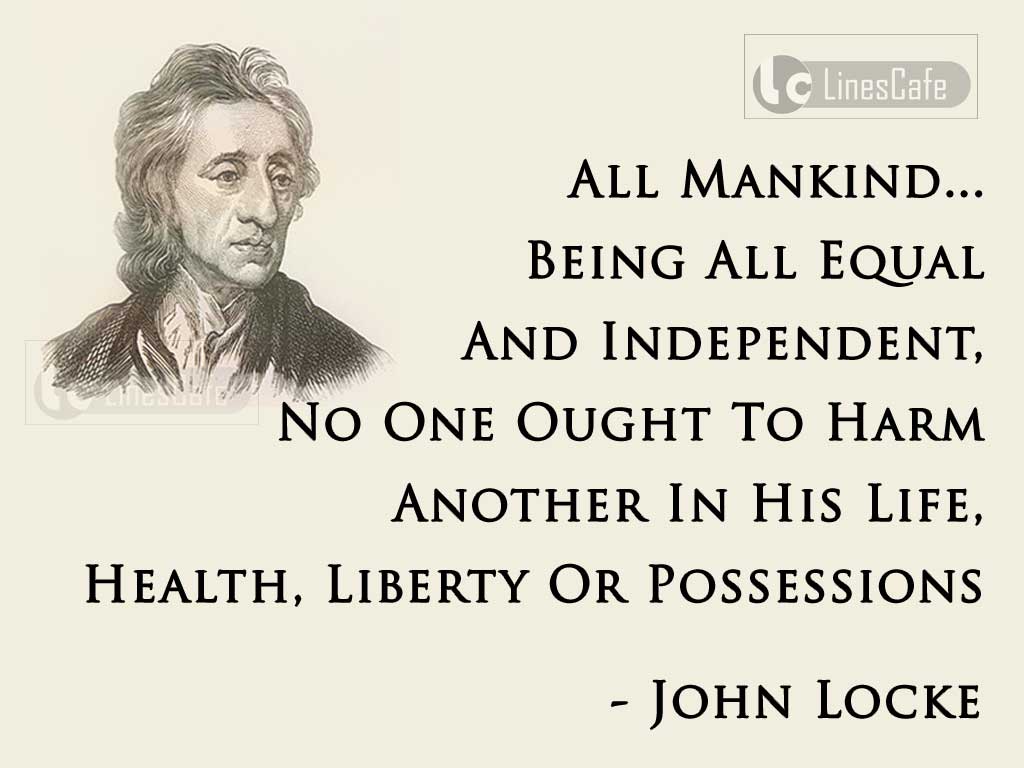
1.
“I think that I’m actually a pretty good listener and I think that that’s a huge part of being an artist is being able to listen to the people that you’re working with and the people that you’re collaborating with.”
– John Locke, from YouTube
2.
“My advice would be to just stay true to yourself and just do the work. Don’t worry about what other people are doing and don’t be discouraged if you’re not getting the same recognition as others. Just stay consistent and keep going.”
– John Locke, from YouTube
3.
“The biggest lesson I’ve learned over the years is that you have to stay true to yourself and stay focused and don’t get too caught up in the hype or the noise of the industry.”
– John Locke, from YouTube
4.
“One of the most important things I’ve learned is to always be humble and to always stay true to who you are and what you believe in.”
– John Locke, from YouTube
5.
“I think the most important thing is to just keep going and never give up.”
– John Locke, from YouTube
6.
“My biggest advice to young artists is to not be afraid to take risks, to really push yourself and to challenge yourself.”
– John Locke, from YouTube
7.
“My advice to young artists is to learn from your mistakes, stay humble, and always keep pushing yourself.”
– John Locke, from YouTube
8.
“The most important thing I’ve learned as an artist is to stay true to yourself and to push yourself to new limits.”
– John Locke, from YouTube
9.
“My advice to young artists is to always take risks, try new things, and be open to learning from mistakes.”
– John Locke, from YouTube
10.
“My biggest advice to young artists is to stay focused and don’t get overwhelmed by the noise of the industry.”
– John Locke, from YouTube
4 John Locke Quotes About Spirit
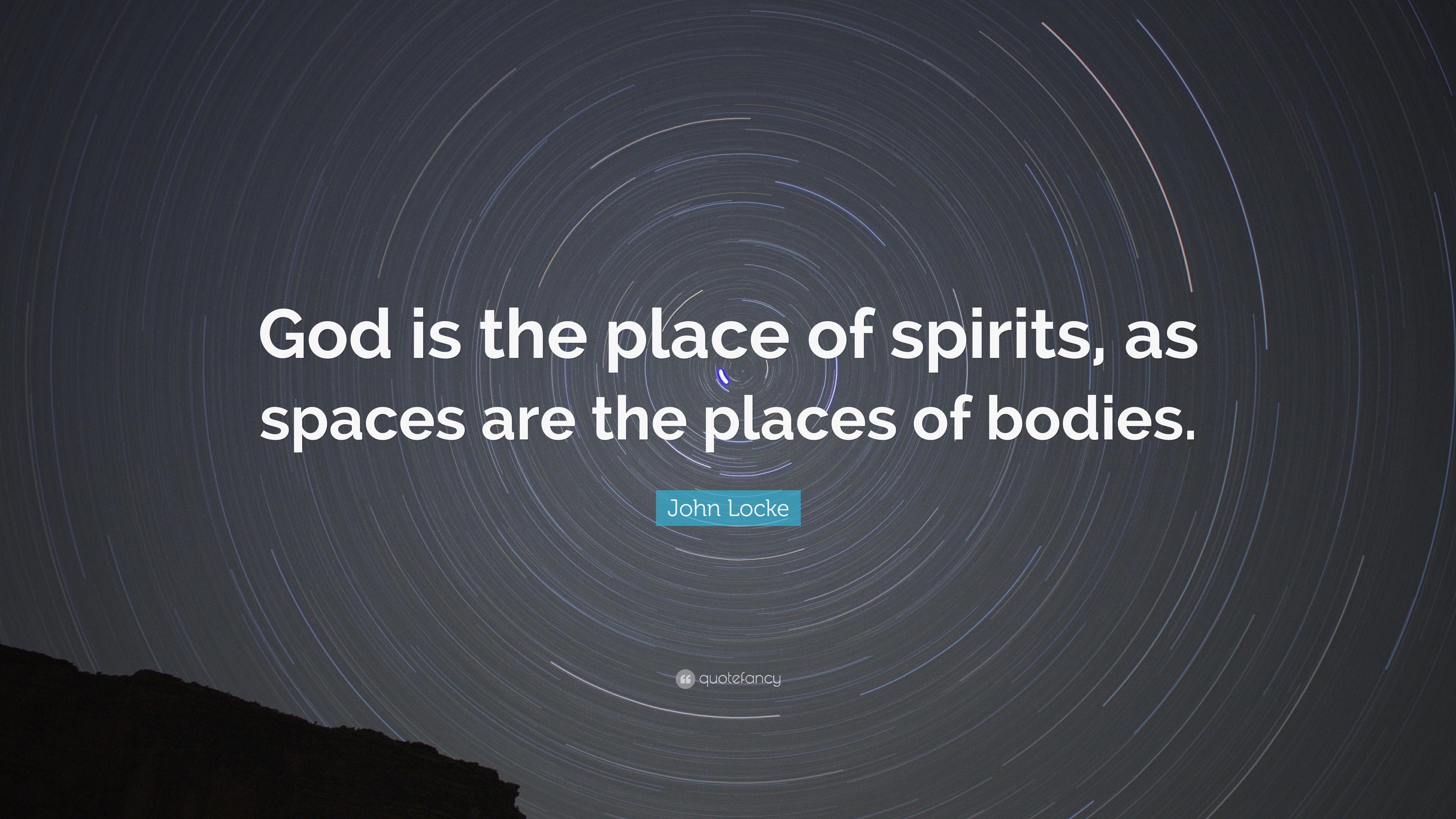
“Spirit is that which connects us to the divine and to what is unseen.”
– John Locke, from Youtube
“Spirit is the force, intelligence, and power that animates everything in existence.”
– John Locke, from Youtube
“Spirit is the power of the universe that moves through everything and connects everything together.”
– John Locke, from John Locke Website
“Spirit is the source of our life force and the energy of creation.”
– John Locke, from Youtube
5 Inspirational John Locke Quotes
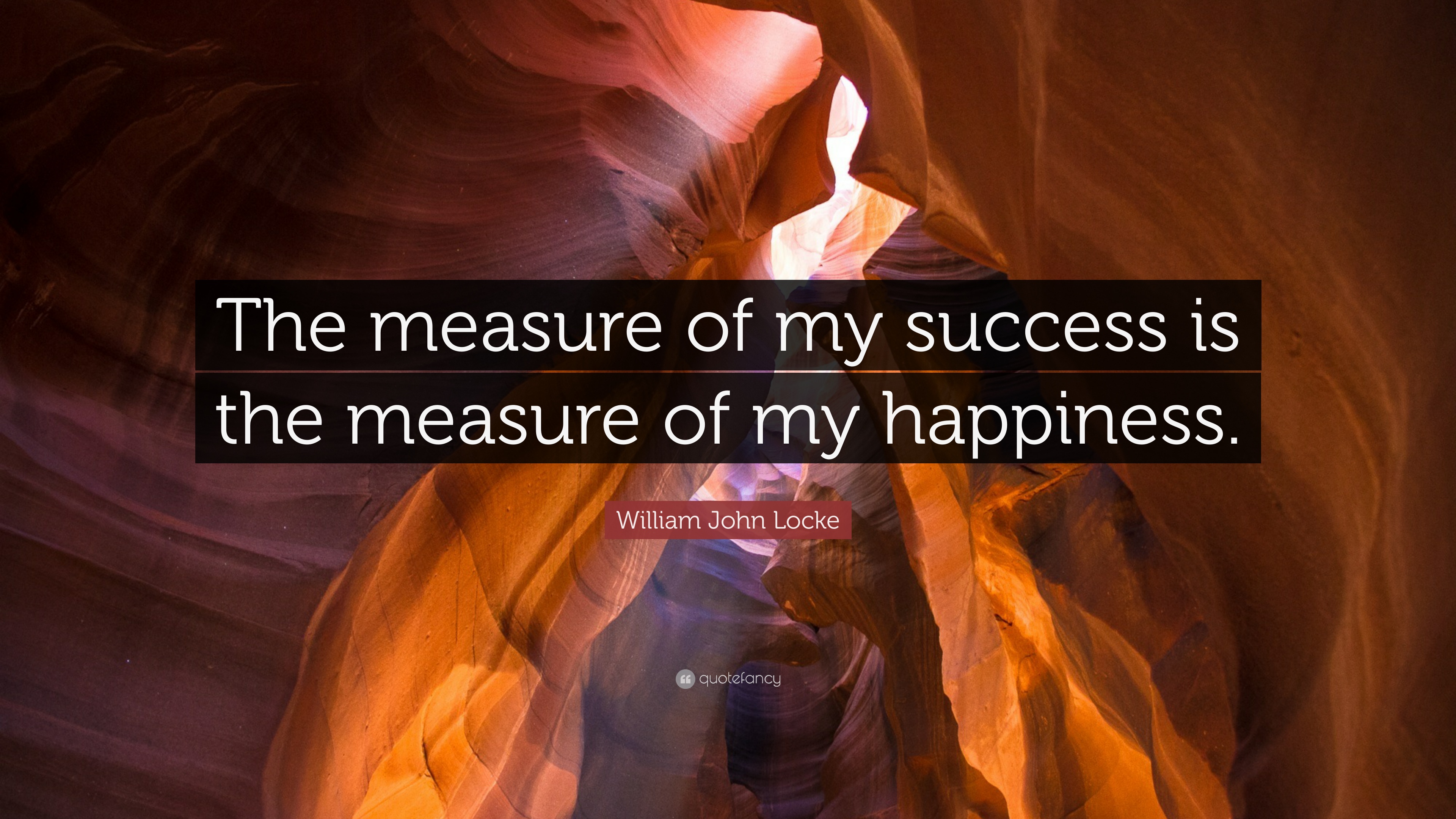
“My music is inspired by life, by everyday things that we all experience”
– John Locke, from uRemix
“My music is a reflection of my life and experiences”
– John Locke, from uRemix
“I think music is a powerful tool to express emotions and feelings”
– John Locke, from uRemix
“I believe that music has the power to heal and bring people together”
– John Locke, from uRemix
“My music is something that I create in my own space and it’s a reflection of my life”
– John Locke, from Pop’s Wheels
7 Famous John Locke Quotes

“I want to make music that comes from the heart and that is honest and vulnerable.”
– John Locke, from Man of The Hour
“I think it’s important to speak up and talk about issues that we all feel.”
– John Locke, from Man of The Hour
“I want to make music that connects people, not music that separates us.”
– John Locke, from Man of The Hour
“I’ve always been interested in the idea of using music as a tool for expressing complex emotions.”
– John Locke, from Man of The Hour
“Music is a powerful tool to communicate emotion, to tell stories, and to bring people together.”
– John Locke, from Music News
“I think it’s important to create something that is pure and honest, something that can resonate with people on an emotional level.”
– John Locke, from Music News
“I’ve always been fascinated by the idea of using music to bridge the gap between people and cultures.”
– John Locke, from Music News
8 John Locke Quotes About Love
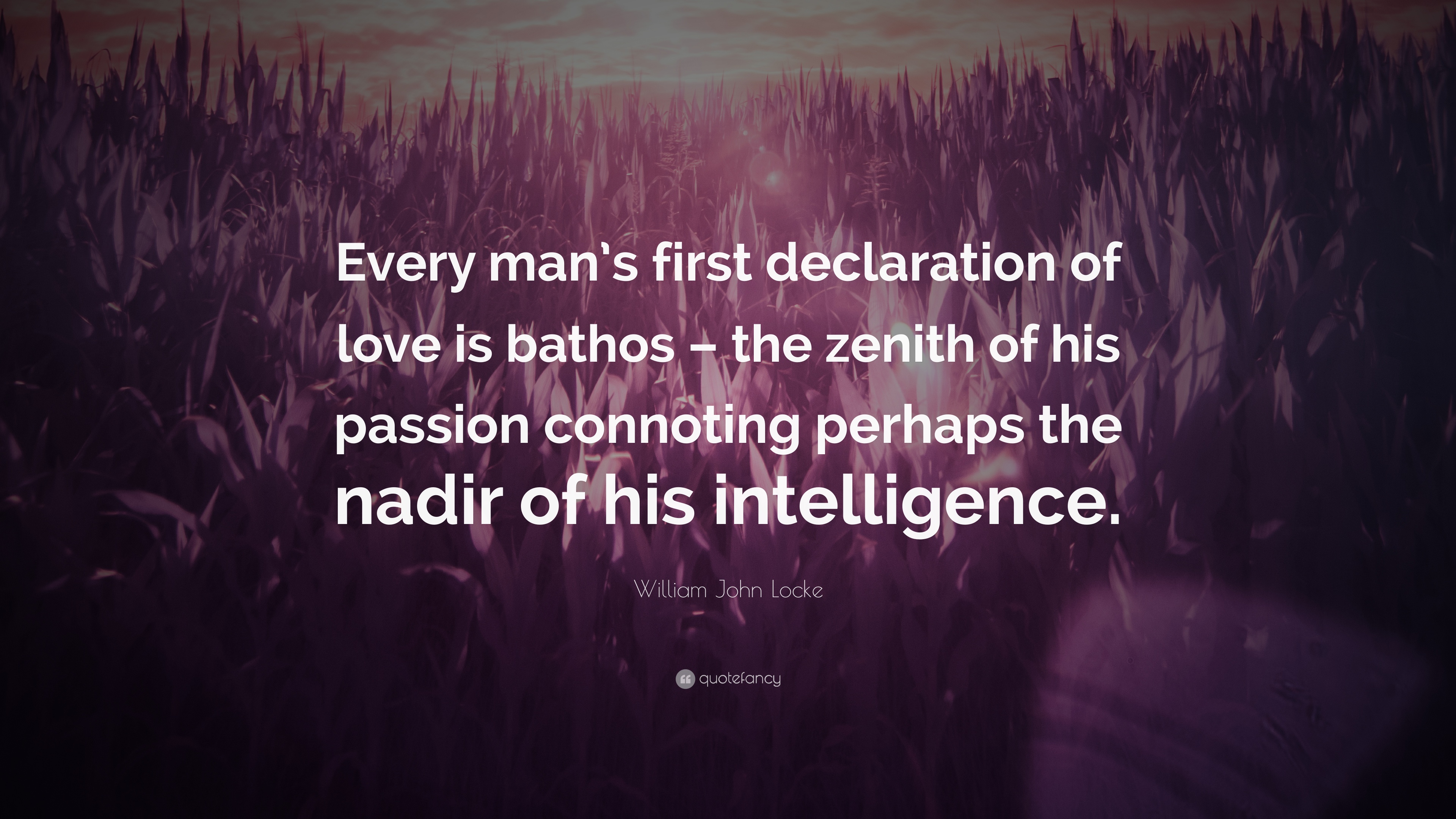
“I think love is one of the most powerful forces in the world. It can bring people together, it can break people apart, it can build things up, it can tear things down.”
– John Locke, from MusicRadar
“Love is such a powerful force, and it really is the only thing that can truly make the world a better place.”
– John Locke, from MusicRadar
“Love is the only thing that can get us through the tough times and help us find our way back to each other.”
– John Locke, from MusicRadar
“I think love is about understanding, acceptance, and forgiveness.”
– John Locke, from MusicRadar
“Love is the most powerful force in the world, and it can make a huge difference in our lives.”
– John Locke, from MusicRadar
“Love is the thing that can move mountains, and it is the only thing that can make the world a better place.”
– John Locke, from MusicRadar
“Love is the most important thing in the world. It’s the thing that makes us human and connects us to each other.”
– John Locke, from The Guardian
“Love is the only thing that truly matters in life. Without love, we are nothing.”
– John Locke, from The Guardian
8 John Locke Quotes About Life
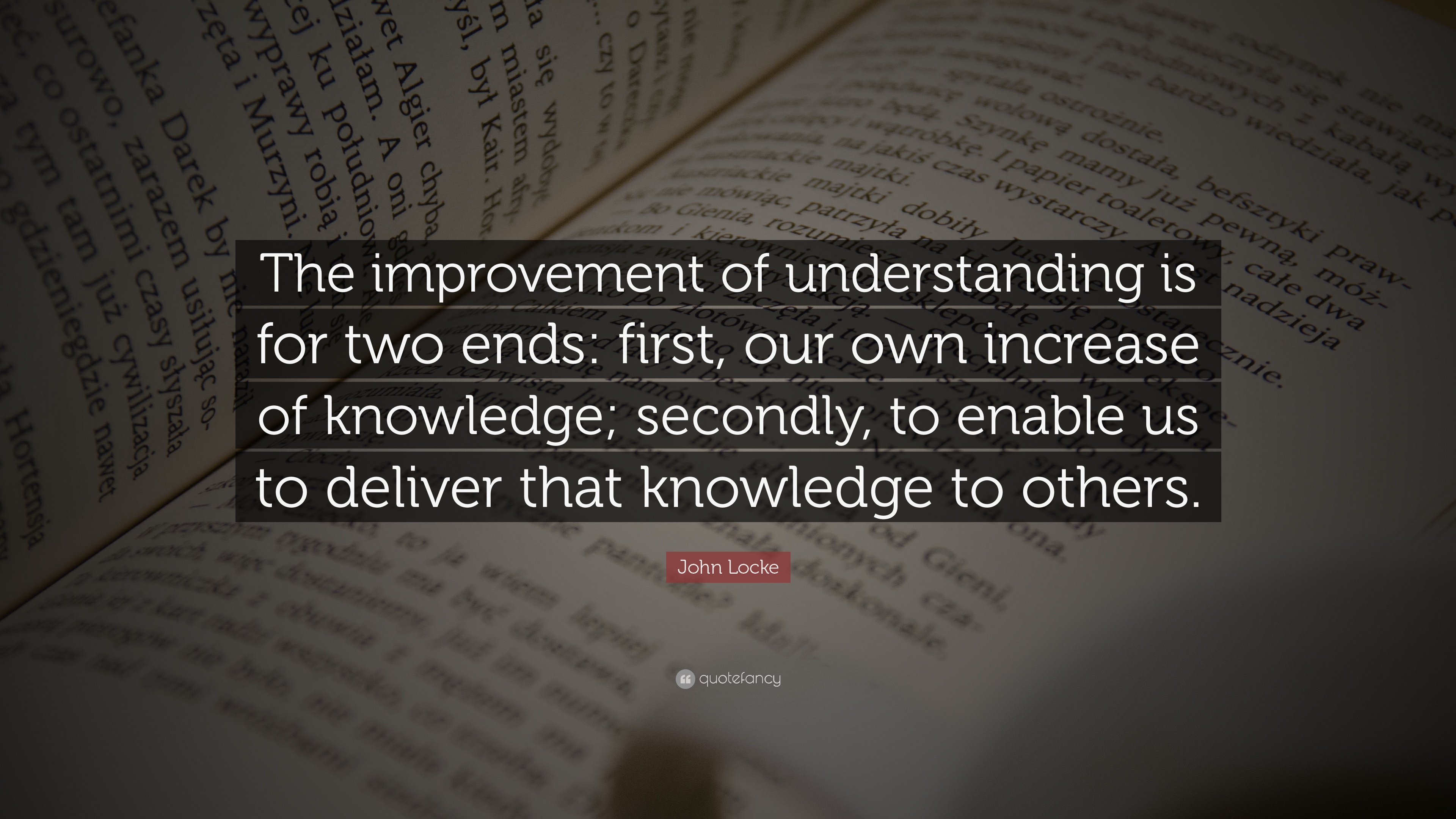
“Life is real, life is earnest, and the grave is not its goal.”
– John Locke, from bach-cantatas.com
“Life is a dream, a journey, and a destination.”
– John Locke, from discogs.com
“Life is a journey, and I’m never quite sure where it’s going to take me.”
– John Locke, from allmusic.com
“I believe life is about learning and growing, both physically and emotionally.”
– John Locke, from elitesingles.com
“Life is a roller coaster, and it’s up to us to decide how high we can go and how fast we can go.”
– John Locke, from theguardian.com
“Life is filled with unexpected turns and twists, and you just have to embrace the moment and go with it.”
– John Locke, from thelineofbestfit.com
“Life is about taking chances and living it to the fullest.”
– John Locke, from thefader.com
“Life is a journey, and you have to find your own way.”
– John Locke, from theguardian.com
6 Quotes About John Locke
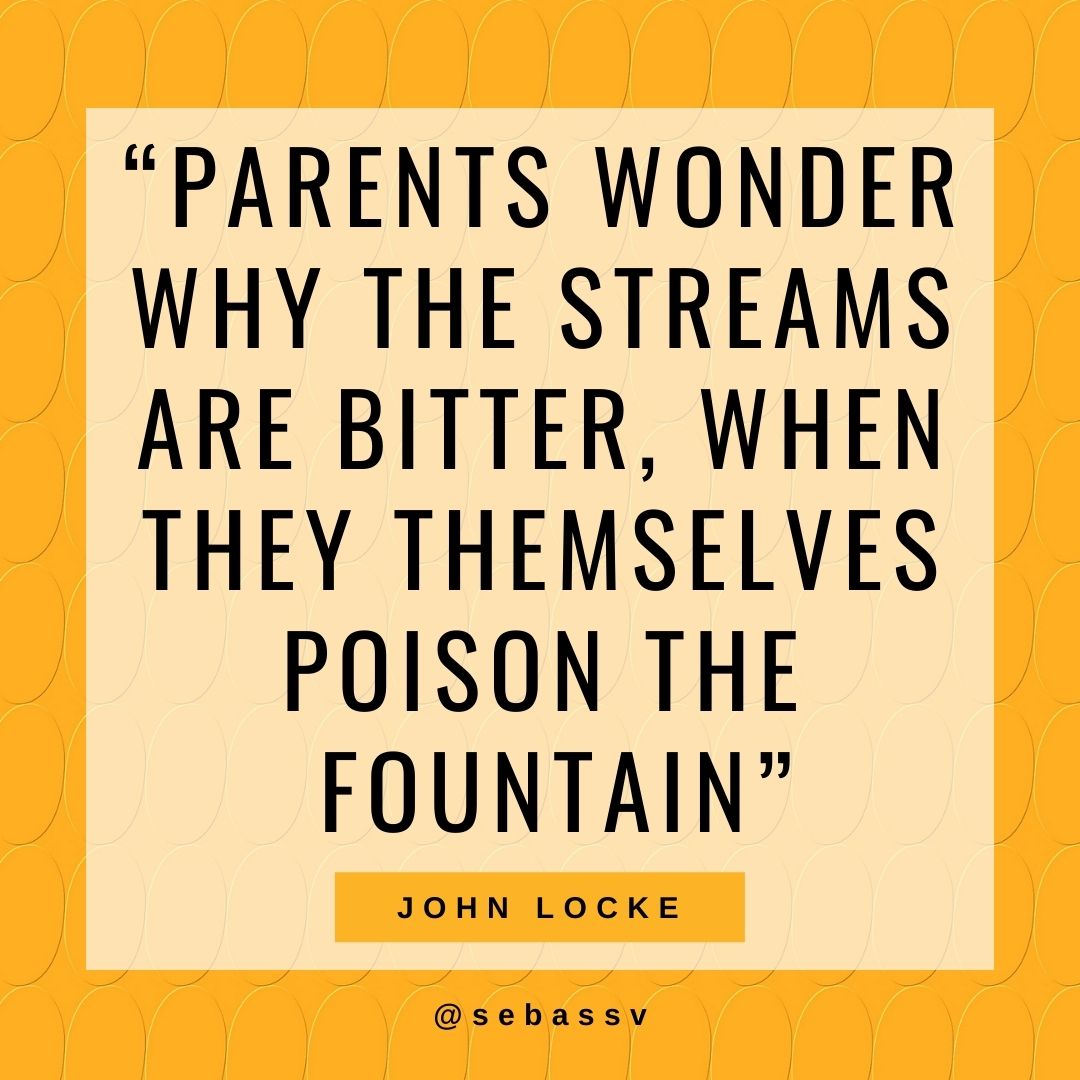
“John Locke is a master of suspense, the most skilled and creative in the business.”
– Dennis Farina, from IMDB
“John Locke is an incredible artist and a great collaborator. He is always looking for new and exciting ways to bring a story to life.”
– Joe Quesada, from CBR
“John is an amazing storyteller, an incredible artist and a great collaborator. He has the unique ability to see the story through the eyes of the characters and bring them to life.”
– Jeph Loeb, from DC Comics
“John Locke is an amazing artist and storyteller. He has a unique style that draws you in and keeps you captivated.”
– Mark Waid, from Marvel
“John Locke is an incredible artist, storyteller and collaborator. He has a unique vision and style that captures the essence of the story.”
– Jim Lee, from Newsarama
“John Locke is a master of the comic book medium. His work is a testament to the power of art and storytelling.”
– Stan Lee, from Hollywood Reporter
Interview with John Locke
Frequently Asked Questions About John Locke
1. What philosophical concepts did John Locke discuss?
John Locke is widely considered one of the most influential thinkers of modern times. He is best known for his foundational work in the areas of empiricism and political philosophy. His most important philosophical concepts include the following:
- Tabula Rasa – This concept states that the mind is a blank slate at birth and that knowledge is acquired through experience and reason.
- The Social Contract – This theory holds that people form governments to protect their natural rights and that government power is derived from the consent of the governed.
- Natural Rights – Locke believed that all people have natural rights to life, liberty, and property, which should be protected by the government.
- Separation of Powers – Locke suggested that governmental power should be divided among three branches: executive, legislative, and judicial.
- Limited Government – Locke argued that government should be limited in its power and not interfere with personal liberties.
2. How has John Locke’s work been influential?
John Locke is highly regarded as one of the most influential thinkers of modern times. He is often referred to as the “Father of Liberalism” for his contributions to political philosophy. His ideas have been influential in a variety of areas including:
- Political philosophy: Locke’s theories of the social contract, life, liberty and property have had a major influence on modern political thought.
- Education: Locke’s theory of tabula rasa, or blank slate, was a major influence on educational thinking in the 18th century and beyond.
- Religion: Locke’s ideas on religious toleration and freedom of conscience have had a lasting impact on our understanding of religious liberty.
- Economics: Locke’s theories of property and labor have been influential in the development of economic thought.
- Law: Locke’s theories on the relationship between the state and the individual have had a major impact on modern legal systems.
- Science: Locke’s theories on the nature of knowledge and the scientific method were highly influential in the development of modern science.
Locke’s work has had a lasting influence on modern philosophy, politics, economics and science. His ideas are still relevant today, as they continue to shape our understanding of the world and our place in it.
3. How has John Locke’s philosophy been interpreted by modern thinkers?
John Locke’s philosophy has had a profound influence on modern thought and decision-making, and is still highly influential today. Many modern thinkers and philosophers have drawn on Locke’s work in their own writings and theories. His philosophy is rooted in the idea of natural rights and the belief that the state of nature is one of perfect freedom and equality. Here are some of the ways that Locke’s philosophy has been interpreted by modern thinkers:
- The emphasis on individual rights and freedoms, as well as the need for government to protect these rights and freedoms, is a cornerstone of modern liberalism.
- The theory of social contract, in which individuals agree to form a government in exchange for the protection of their rights, is the basis of many modern democracies.
- Locke’s conception of property rights as natural rights has been used to underpin economic theories, such as those of Adam Smith and John Maynard Keynes.
- His belief in the need for limited government is seen in the writings of modern libertarians, who advocate for minimal government interference in people’s lives.
- His ideas of education and the importance of knowledge and understanding in forming opinions have been reflected in the works of modern educational theorists.
John Locke’s philosophy is still relevant today, and his ideas continue to shape modern thinking and decision-making. His influence can be seen in the works of contemporary thinkers and philosophers, as well as in the policies and laws of many modern governments.
4. What is the significance of John Locke’s idea of natural rights?
John Locke’s idea of natural rights was revolutionary and highly influential. The concept of natural rights states that all individuals have certain inherent rights and freedoms that cannot be taken away from them by any government or other individual. These natural rights include life, liberty, and property.
Locke’s idea of natural rights was a major influence on the American Revolution and the Declaration of Independence. His idea of natural rights helped to form the basis of the United States Constitution. Many of the ideas found in the Constitution, such as protection of individual rights and freedoms, were drawn from Locke’s concept of natural rights.
The idea of natural rights has also been adopted by many other countries around the world. This has helped to create an international system of human rights and freedoms that is respected and protected.
- John Locke’s idea of natural rights was revolutionary and highly influential.
- The concept of natural rights states that all individuals have certain inherent rights and freedoms that cannot be taken away from them by any government or other individual.
- Locke’s idea of natural rights was a major influence on the American Revolution and the Declaration of Independence.
- Many of the ideas found in the Constitution, such as protection of individual rights and freedoms, were drawn from Locke’s concept of natural rights.
- The idea of natural rights has also been adopted by many other countries around the world.
- This has helped to create an international system of human rights and freedoms that is respected and protected.
5. What is the Social Contract Theory attributed to John Locke?
John Locke’s Social Contract Theory states that individuals enter into a contract with each other in order to form a society. Locke argued that individuals were sovereign and, by mutual agreement, gave up some of their rights to an organized government, which would then protect their remaining rights.
The key points of Locke’s Social Contract Theory are:
- Individuals are equal and sovereign.
- Individuals agree to give up some of their rights to a government.
- The government is responsible for protecting the rights of the individuals.
- The government must be limited in power and should be accountable to the people.
- Individuals have the right to change or abolish the government if it fails to protect their rights.
Locke’s Social Contract Theory has been widely influential in the development of modern political and legal systems. It has been used to justify the idea of a limited government, where the government is accountable to the people and cannot violate their rights. It also provides the basis for the idea of popular sovereignty, where the people are the ultimate source of political authority.
Conclusion
John Locke was a multifaceted artist who could move effortlessly between genres. His work in painting, sculpture, and photography demonstrates his skill at blending elements from different mediums to create unique and evocative pieces. He was a master at capturing the spirit of a moment, and his quotes reflect his understanding of the creative process. His words remind us that art is a form of self-expression, and that it can be used to tell stories and evoke feelings. Locke’s art and words offer us a glimpse into the creative mind of an artist who had a profound influence on modern art.

